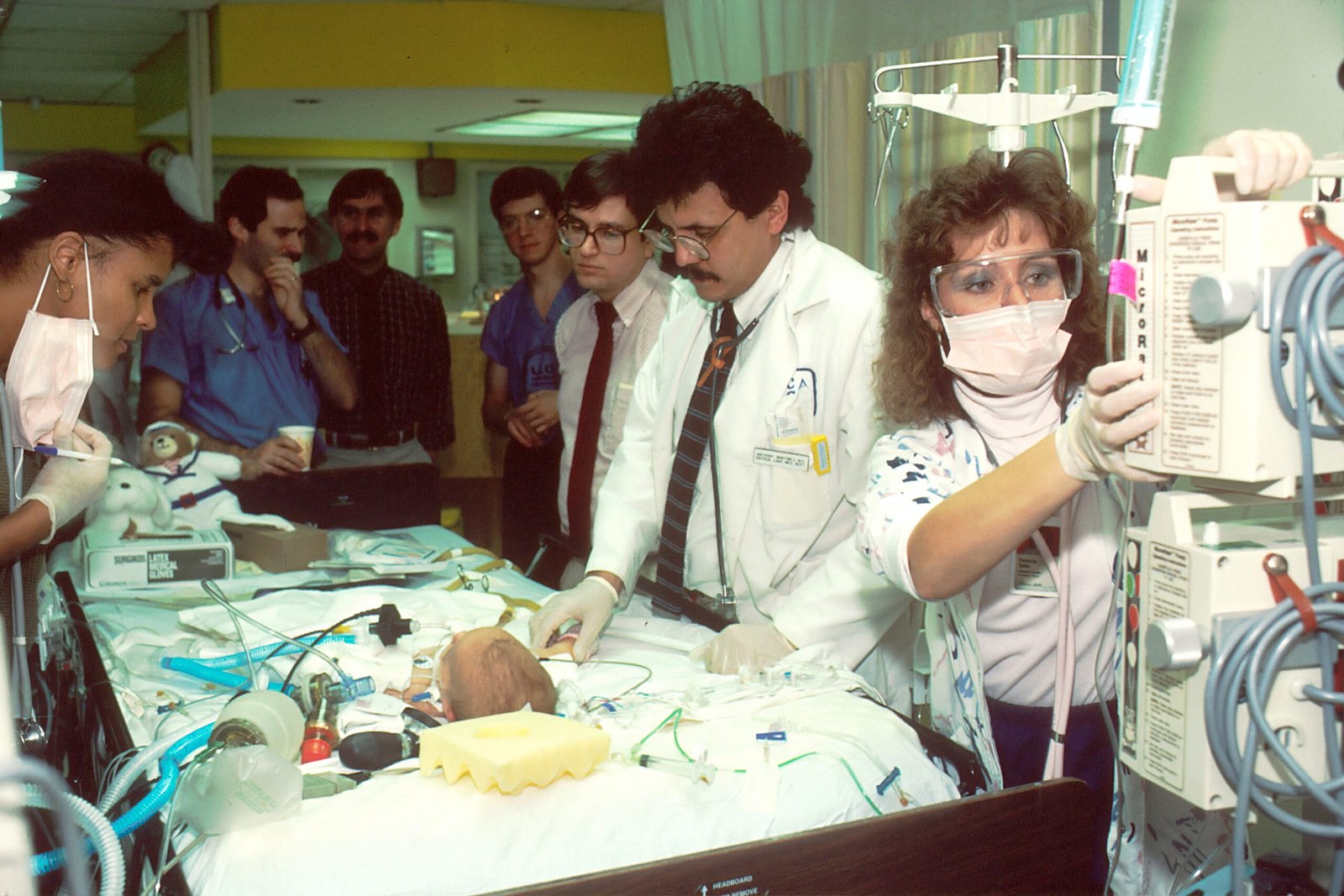Understanding the Lifespan of Male Units
When it comes to the lifespan of male units, there is no one-size-fits-all answer. The duration can vary depending on various factors, including genetics, lifestyle, and overall health. While it is natural to be curious about this topic, it is essential to remember that everyone is unique, and there is no set expiration date for male units.
Factors That Influence Lifespan
Genetics: Just like any other part of the body, the lifespan of male units can be influenced by genetics. Some individuals may have a predisposition to longer-lasting male units, while others may experience changes earlier in life.
Lifestyle: A healthy lifestyle can play a significant role in maintaining the longevity of male units. Regular exercise, a balanced diet, and avoiding harmful habits such as smoking and excessive alcohol consumption can contribute to overall health and well-being.
Overall Health: Certain health conditions, such as cardiovascular disease, diabetes, and obesity, can impact the lifespan of male units. Taking care of one’s overall health and managing any underlying medical conditions can help maintain male unit health.
Age and Male Units
As men age, it is natural for some changes to occur in their male units. These changes can include a decrease in testosterone levels, reduced firmness, and changes in sexual function. However, it is important to note that aging affects individuals differently, and not all men will experience these changes at the same rate or to the same degree.
It is worth mentioning that while age can bring about changes in male units, it does not necessarily mean a decline in sexual satisfaction or performance. Open communication with a partner, maintaining a healthy lifestyle, and seeking medical advice when needed can help address any concerns that may arise.
Maintaining Male Unit Health
While the lifespan of male units may be influenced by various factors, there are steps individuals can take to maintain their health and well-being:
- Regular Exercise: Engaging in regular physical activity can improve blood flow and overall cardiovascular health, which can positively impact male unit health.
- Healthy Diet: Consuming a balanced diet rich in fruits, vegetables, whole grains, and lean proteins can support overall health and potentially contribute to the longevity of male units.
- Safe Sexual Practices: Practicing safe sex, including the use of condoms, can help reduce the risk of sexually transmitted infections and promote male unit health.
- Regular Check-ups: Routine visits to a healthcare professional can help monitor overall health and address any concerns or changes in male unit health.
- Open Communication: Maintaining open and honest communication with a partner about sexual health and any concerns can foster a supportive and understanding relationship.
Conclusion
While it is natural to be curious about the lifespan of male units, it is important to remember that there is no set timeframe. The duration can vary depending on genetics, lifestyle choices, and overall health. By maintaining a healthy lifestyle, seeking medical advice when needed, and practicing open communication, individuals can promote male unit health and overall well-being.
